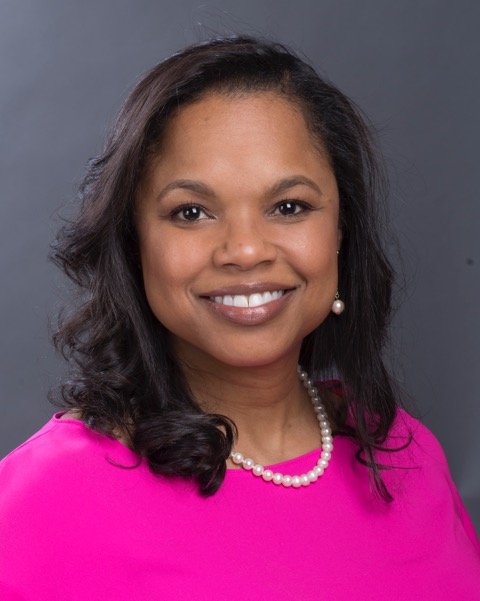Trust the journey
11-01-2022
A personal longing led Rev. Dr. Pamela Floyd to McCormick where she reimagined the possibilities and stepped into a new vocation.
“How do you go from being a medical doctor to being just a chaplain?” To some, the question – could imply vocational hierarchy. But when that question was posed to Pamela Floyd, MD, MPH, M.Div.’18, she had other thoughts on her mind. She hadn’t planned to become a chaplain, she simply desired to attend seminary. Not because Dr. Floyd wanted to be a pastor; after all, the denomination of her childhood “didn’t allow women to do much besides dress the altar and fry chicken,” she says. “I just wanted a stronger theological foundation, the ability to interpret the Bible in its context and understand its history.”
After checking out a few seminaries, she learned about McCormick from her pastor, the Rev. Dr. Ozzie E. Smith, Jr., D.Min.’93, and was soon enrolled. “What was challenging to me about McCormick was having to defend or support my thoughts,” says Dr. Floyd. “I was used to academic spaces where all I had to do was absorb a lot of facts and recite them back to a professor. But that’s not what McCormick wanted from me. It was about sharing what I thought and why. I was learning to be theologically sound, even if not denominationally approved. The McCormick experience helped me to give myself permission to be honest about what I believe, to step out of things that I didn’t believe, and pursue things I would have never considered.”
Like becoming an ordained minister. Dr. Floyd, a wife and mother of two, didn’t plan to get ordained until her mentor, the Rev. Dr. Reginald W. Williams, Jr., adjunct professor at McCormick, equated not getting ordained to not completing a medical residency. “I started looking into what it would take for me to be ordained,” she recalls, “and one of the things I’d need was one unit of clinical pastoral education.”
Trusting her heart
Once Dr. Floyd began to practice chaplaincy at Northwestern Memorial Hospital, she equated it with her experience working in the Emergency Room. “I’d stabilize people and then hand them off to someone else,” she explains. “Depending on when my schedule would take me back to ER, I might not see nor be able to find out what happened to a person.” This initial reflection affirmed Dr. Floyd’s desire to journey alongside patients beyond their health crises.
She was about to dismiss her chaplaincy experience for the same inability to build relationships until her CPE supervisor recommended that she go deeper into the vocation and apply for the chaplaincy residency. After completing her chaplaincy residency, she became the staff chaplain for Oncology and later Women’s Health at Northwestern’s Prentice Women’s Hospital. “I know that patients and their families ask me questions that they would never ask another chaplain,” Dr. Floyd says. “And I share with them questions they might want to consider asking their medical team.”
Today, when the question comes up, how do you go from being a medical doctor to being just a chaplain, Rev. Dr. Floyd answers the same way she did the first time it was asked. “Well,” she says, “the God I serve does not see a doctor as being greater than a chaplain. The God I serve used my being an MD to prepare me for the ministry that she had for me. I'm uniquely qualified to serve as a chaplain because of the background that my God gave me.”
Editor’s Note: An earlier version of this article referred incorrectly to Dr. Reggie Williams, professor of Christian Ethics. We have updated this post.


